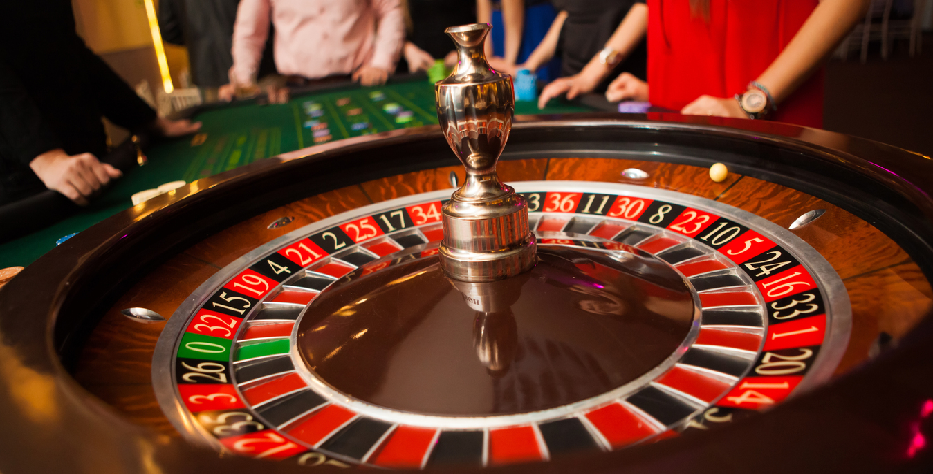A lot of words in personal finance get used interchangeably. Perhaps none more so than ”investing” and “saving.” You’ve likely seen countless commercials, billboards and flyers recommending you “save for retirement” or “invest for your future.” What’s the real difference and, at what point, does it become gambling?
What Does it Mean to Save?
“Saving” is simply the act of stashing money away for a future need. Whether you’re putting that money into your piggy bank, a savings account, or under your mattress, so long as you’re earmarking dollars for the future you’re saving.
Saving is performed in such a way that you’ll be assured the money is there when you need it. This inherently means you should be saving in ‘low-to-no risk’ accounts. Sure you won’t get much of a return when you don’t take risk but having the full account value on hand, when you need it, is too important to risk!
What Does it Mean to Invest?
“Investing” is the act of buying a security or investment product that has the opportunity to produce an income in the future. You can invest in real estate and (hopefully) earn rental income; you can invest in bonds and (hopefully) earn interest payments; or you can invest in businesses and (hopefully) earn dividends.
These income-producing assets can also produce appreciation in value. They not only have the potential to generate income but may also be worth more in the future when you sell than they cost to buy!
Investing is expected to produce a higher return on your capital than saving, since you’re accepting more risk. Real estate markets fluctuate, bond sellers can default, and businesses can go bankrupt. Wise investors will take action to mitigate the major risks and continue to remain invested so long as the (potential) returns continue to be more important than cash on hand.
What Does it Mean to Gamble?
“Gambling” is the act of participating in a zero-sum game; a game where there’s a loser for every winner, and you have no control over the outcome. When you buy assets that can appreciate or depreciate in value, but offer no guarantees and no potential for income, you’re gambling.
Gold, silver, art, and cryptocurrency are great examples of gambles. You bought the asset because you expect it to increase in value. If it does, you’ve won and the people you’ve bought from/sell to have lost on that growth. If it decreases in value, you’re the loser in that scenario. This doesn’t make gambling “bad” per se, it just means it’s a higher-risk venture than savings or investments.
Putting It All Together
A good investment plan likely contains elements of savings, investing and gambling. When you have time on your side, capacity for risk and wiggle-room to make up losses, you can afford to skew your plan towards riskier ventures. When your goals are imminent or you don’t have the capacity for loss, you’ll skew towards safer holdings.
Next time you look at your personal balance sheet or your investment statements, ask yourself which line items are truly investments, which ones are only savings and if any are gambles. You’ll have a better understanding of the risks they hold and the opportunities they present! If you find your holdings don’t line up with your goals for that money, it’s time to make a change.

Recent Comments